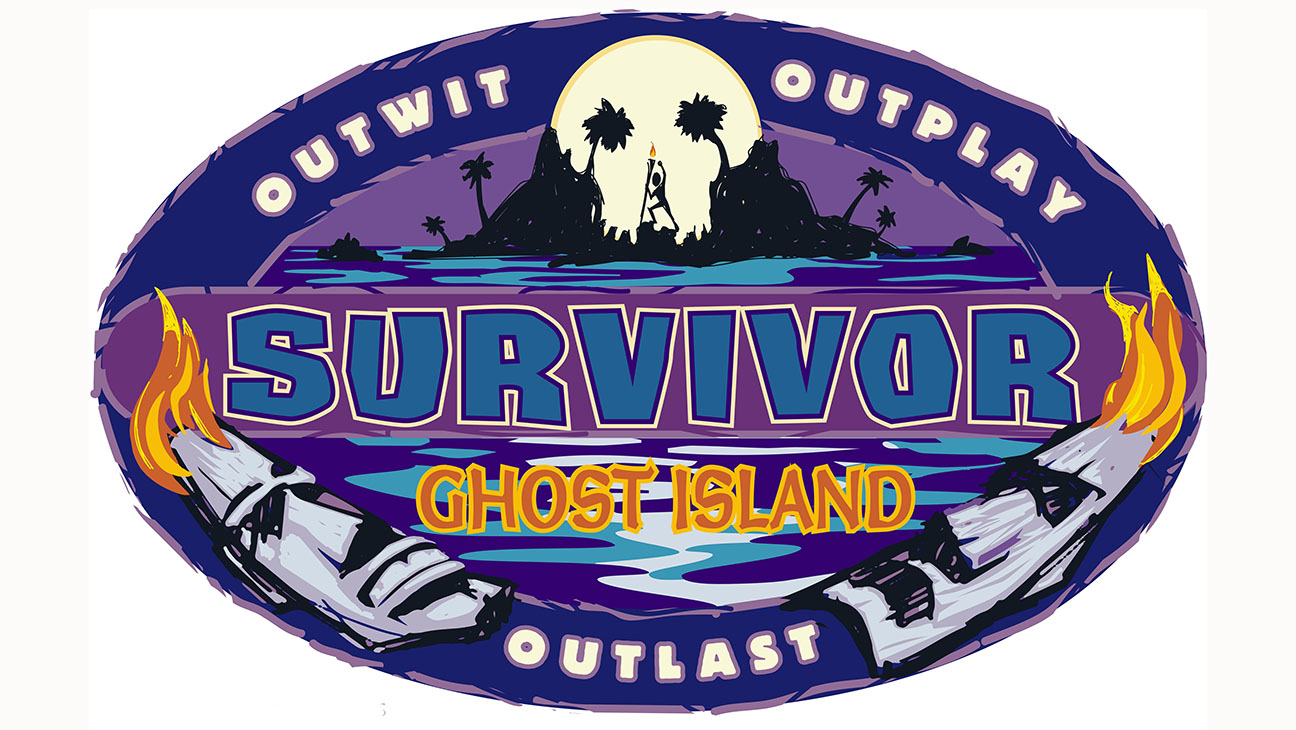Here is an article I wrote for the Komen Advocates in Science bi-monthly newsletter. I hope you enjoy it.

| As someone living with metastatic breast cancer, I’ve been sheltering in place and avoiding physical contact with the outside world. Since the COVID-19’s arrival, nearly all of the scientific meetings I’ve been scheduled to go to the first half of the year have either been canceled, postponed or changed to a web-based format. These meetings provided me with opportunities to connect with researchers and clinicians on research progress and priorities. Also, to reconnect and meet my fellow research advocates, which is always a great source of inspiration and strategies to improve my advocacy efforts. Right now, I’m concerned about a number of things related access to care. We know access to care greatly impacts our quality and quantity of life. Some important clinical trials are on hold and not enrolling new patients.Research dollars at the National Cancer Institute may be in jeopardy, as the government decides where to draw funds from to fight the pandemic. Studies may be delayed or canceled. There are researchers who have had to postpone their research due to campus closures. Basic researchers and their research are being hit particularly hard by these closures. Some patients are reluctant to go to clinics for tests, scans and/or regular visits. Some cancer patients are unable to access pain medication because getting a refill requires a face-to-face visit. Cancer patients undergoing procedures or needing to be in the hospital are unable to have someone with them. Hospitals and clinics are closing access to all except the patient making it difficult for cancer patients to receive the emotional support they need from friends and families during clinic visits and hospital stays. Cancer patients, who have been laid off, have thought about rationing or stopping their medications or treatment because they can’t afford it. A number of these things are not traditional “research advocacy” issues. But they play a vital part in our efforts to end this disease and its impact on patients. What can we, as advocates, do? After all, we’re also practicing physical distancing and not leaving our homes. For starters, we can: Engage in social media, like Twitter, to learn what’s happening with other cancer patients, survivors and co-survivors. How are they coping…or not? How might these experiences and insights impact research? What actions can we take to reduce this pandemic’s negative impact on our breast cancer community? Call or email researchers we are working with or have worked with. What is their situation? How can we help? Contact our legislators when critical legislation or policies are being considered. Komen makes this easy to do. If you’d like to be involved, sign up to receive emails on the latest policy issues and how you can help. Contact people we know who live alone. Even a five-minute check-in call can make a difference in their well-being! Ask if canceled or postponed research-related meetings might be conducted online or as a series of webinars. Maybe we can keep research efforts moving ahead as we move online with our advocacy. Things we can do to keep our minds engaged in research: Write a blog post about your experience as a research advocate. Komen has a blog page where you can contribute your thoughts. Watch recordings of scientific webinars and meetings you’ve been meaning to review. Stay on top of what’s happening in the science of cancer. – The Research Advocacy Network is known for its advocate-friendly educational resources. – For breaking news or discussions on recent issues, Check here. – SHARE also has a good video library. – Check out Komen’s You Tube page for videos of interest to you. Get involved in one of the Advocates in Science Committees. The new fiscal year starts April 1. We’ll be launching our new AIS goals and objectives. We need your brain, voice, and passionate heart! Contact Liz Graves to let us know if you’re interested, lgraves@komen.org Whatever you choose to do, make sure you are practicing good self-care and compassion. This is a difficult time. Your health and well-being are priority #1! Author’s note: Many thanks to Cheryl Jernigan for her thoughtful contributions to this article. |


